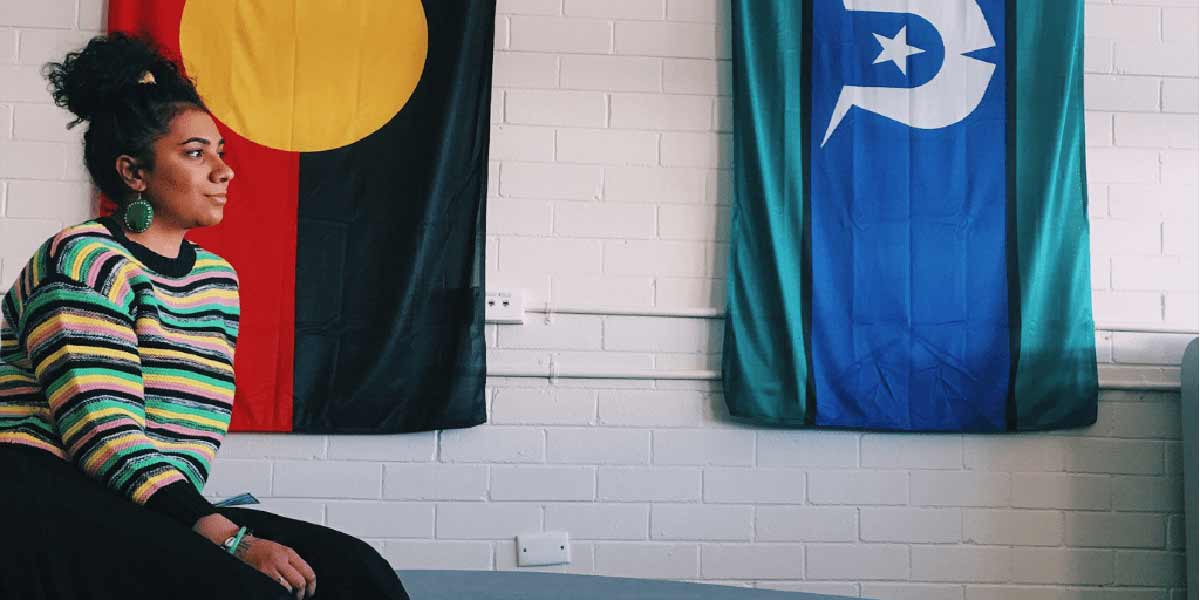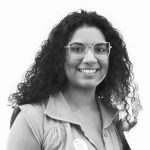
For everyone Teaching the truth

The educator has the duty of not being neutral. Reflecting on my own learning journey as a First Nations educator, I think of this quote by Paulo Freire, a Brazilian educator, philosopher and advocate for critical pedagogy. As I interpret his words, by being neutral I would be complicit in the current education system and its politically motivated curriculum. I would abandon teaching Indigenous Knowledge because it is not thoroughly explored or described in the science curriculum. I would feel OK that embedding Indigenous perspectives is a ‘priority’, rather than mandatory. I would accept that I and other educators are not offered thorough professional development in teaching First Nations content.
As a First Nations educator working within the western education system, I cannot afford to be neutral. I cannot be neutral if I witness history teachers teaching World War I and II and not Frontier Wars. I cannot be neutral knowing that our nations had sophisticated education systems that existed before colonisation, which sustained and guaranteed the survival of our people since time immemorial.
I urge all educators to consider their role in rejecting the status quo. How can we engage in transformational practice and education if we work within a system that does not enable all young people to be successful learners? Is the system fostering a space for young First Nations people to be proud and strong? Is the system truly committed to amplifying the teaching of First Nations histories and cultures so that our young First Nations people can feel genuinely represented in the curriculum?
Blak excellence is built and fostered when we have Blak role models, mentors and, importantly, teachers!
When teaching young First Nations people, the challenge is not having to teach those students but, rather, having to work with a system that has historically been a tool of assimilation and that still fails to foster their liberation. With its ongoing failures, disempowerment models and approaches, the western education system carries trauma for First Nations people. What’s needed is a complete redesign and restructure to support a First Nations education system. A few Blak-owned and run schools, such as Children’s Ground, are already doing this amazing work.
Within the education system, Blak representation is of vital importance, so that the narratives can be reclaimed and driven by us. Our young people need to be surrounded by First Nations educators and support workers. Countless studies prove that greater diversity and representation in the educator workforce correlates to student success. Blak excellence is built and fostered when we have Blak role models, mentors and, importantly, teachers! Teaching comes naturally to First Nations mob. Our natural instinct is to pass down and share knowledge; this is our oral tradition and storytelling brilliance.
The National Indigenous Youth Education Coalition (NIYEC), founded in 2015, is a collective of young First Nations people fighting for our rights to determine and reclaim our own education systems. We want young First Nations people to access learning that values their identity – connected to their older people and elders, grounded in culture, on their countries and/or waters – and enables them to have greater agency and self-determination.
Our young First Nations people should feel represented in the curriculum, and all students should be accessing the true history of this country.
Fundamentally, we want to bring back our educational systems and ways of learning and teaching, our First Nations pedagogy. This work is going to be long, and so we are also focusing our efforts within the western education system, recently launching our LearnOurTruth campaign in partnership with the makers of the documentary In My Blood It Runs and BE Collective Culture. From November, we will be calling for school leaders to pledge their commitment to teaching a truer history in their schools.
Our young First Nations people should feel represented in the curriculum, and all students should be accessing the true history of this country. This means a commitment not only to teaching what is already described in the National Curriculum, but also advocating for a rewrite and inclusion of First Nation histories and cultures. It means a commitment to teaching the histories before colonisation and the reality of the events that followed.
We urge all school communities to support their school leaders in signing the pledge, found on the NIYEC website or Facebook page. Together, we can reimagine something better and greater for future First Nations generations to come.
Author’s note: This article is based on my own thoughts and experiences in the national education system. I am committed to anti-essentialism. My voice and perspective do not represent the voice and perspective of every First Nations educator. To do that would be a dishonour to the diversity of our people and be participatory in masking the numerous First Nations voices and perspectives on education. What I can speak, on behalf of First Nations people working in education, is that we expect and deserve better for our young First Nations people.



